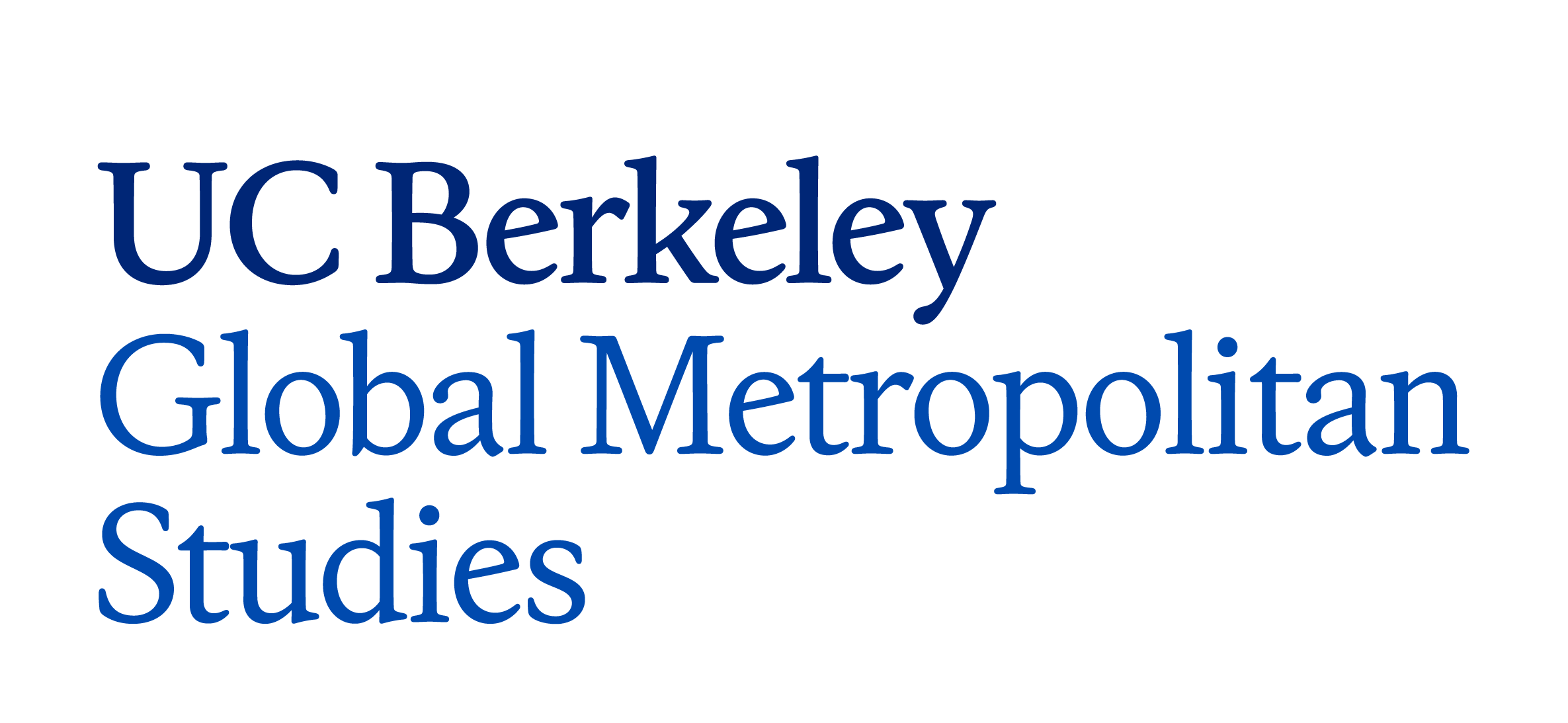The smart city concept as a modern proposal for city management to respond to rapid urban development has gained particular significance and popularity and recently has become a new paradigm of urban development and socio-economic growth. Nevertheless, there is no single common definition of the smart city, and disputes mean that such a definition will probably never be adopted. Although the aim of the concept is agreed upon by many – improving quality of life and enhancing city functioning – there are many views how this goal should be achieved and what exactly ‘smart’ means.
In my talk, I will present four different approaches to the smart city concept that I distinguished by analyzing academic discourse. Each of them presents a different understanding of the smart city concept and indicates that different elements create urban ‘smartness.’ Defining urban intelligence is precisely among the most contentious issue in the global debate concerning the smart city concept and its implementation. Using the examples of San Francisco and the Danish city of Aarhus, I will discuss two models of the smart city governance. Those case studies reflect differences not only in the understanding of what a smart city is but also, more importantly, differences in traditions governing local politics in those two countries.
Sabina is a PhD Student in Political Science at the University of Opole, Poland and a visiting Fulbright Scholar at the University of California, Berkeley. Prior to her PhD, she studied journalism and information management in new media. Her research focuses on questions related how technologies influence politics and society as well as society and politics influence technologies.

